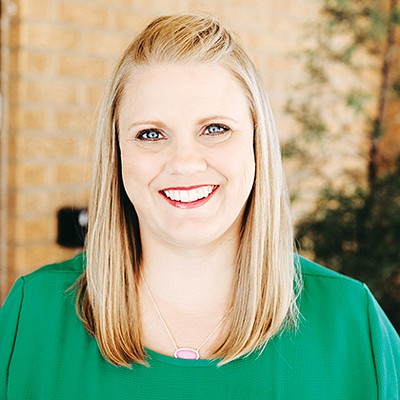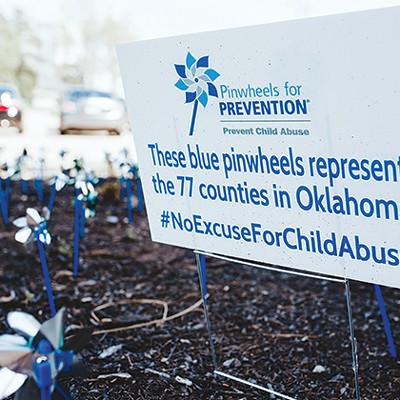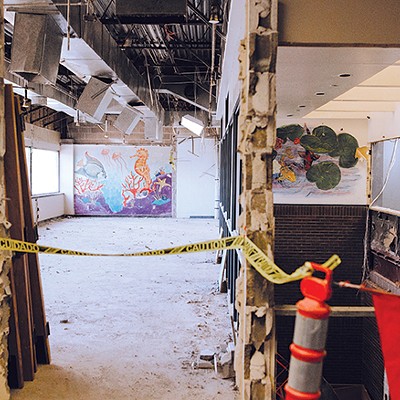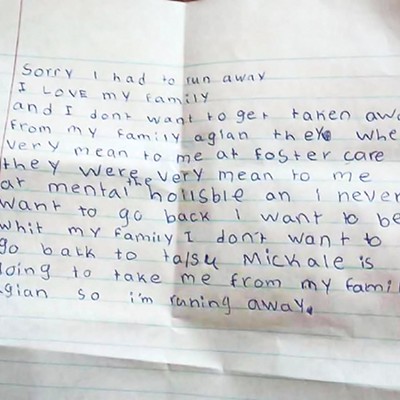Public outcry over a series of tragic deaths of children in state custody had reached a fever pitch. Rather than run away from the problem, we opted to confront it and fix it.
The speaker tasked us with digging deep into what was ailing the troubled agency, in order to make recommendations about how to restructure it and improve services starting this legislative session. Our group has since operated in a somewhat unconventional way, given the enormity of the task. Rather than sitting in the Capitol holding hearings, we have traveled the state and spent time on the ground with hundreds of gifted, committed DHS workers to learn how policies are implemented in the field and to analyze organizational strengths and weaknesses.
We also have met regularly with other agency officials and leaders, DHS commissioners, foster families and many other stakeholders. Our group continues to have unprecedented access to agency employees and confidential information to help in our study, which has proven incredibly valuable.
We’ve found the causes of the problems facing DHS are many and varied. There will be no magic bullet remedy. These are multifaceted issues in need of multifaceted solutions, so we have worked with that dynamic in mind.
Our efforts are coming to fruition through legislation and, most recently, through what’s being called the “Pinnacle Plan.” This is DHS’s five-year strategy to improve its child welfare services operations. Our working group was intimately involved in the Pinnacle Plan’s development, and we intend to be just as involved in its implementation.
I believe this plan is a transformative opportunity to protect children, strengthen families and change lives. It will take time and patience, but we must see it through.
The Pinnacle Plan is highly complementary of our working group’s focus on reforms to the agency’s governance structure, organizational structure, personnel policies and resource allocation. This session, the House already has advanced bills restructuring the agency, improving employee certification processes and placing more accountability at all levels of operations. The Pinnacle Plan also included recommendations to address these issues.
One thing we know for certain is that DHS can’t do all this alone.
All sectors of the state — public and private — are going to have to help. More foster families must come forward. More private entities must establish themselves as partners within the child welfare system. And the Legislature must do everything the state’s resources allow in order to reach the goal.
Our working group intends to be there every step of the way, doing what we can to help those who cannot help themselves.
Nelson is a Republican representing House District 87 in Oklahoma City.
Opinions expressed on the commentary page, in
letters to the editor and elsewhere in this newspaper are those of the
author and do not necessarily reflect the opinions of ownership or
management.












